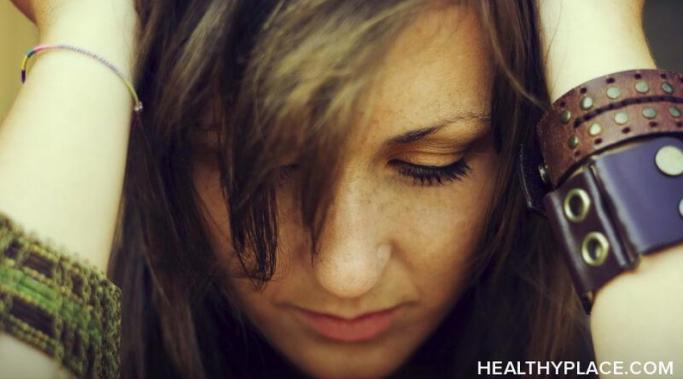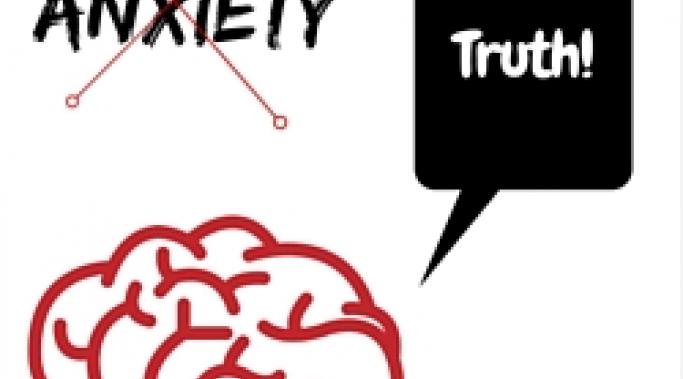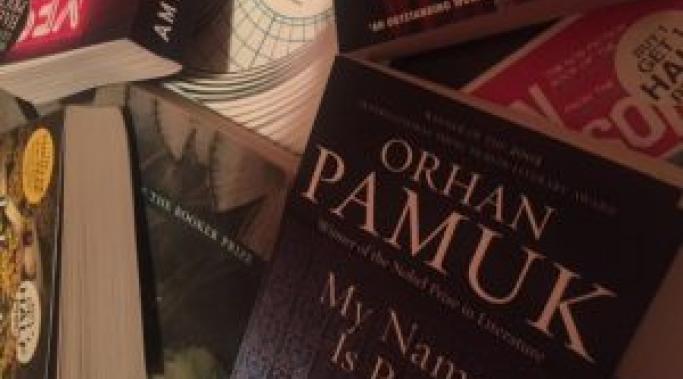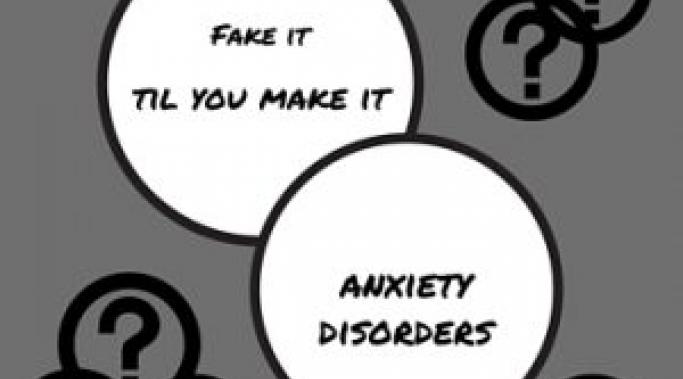Have you ever found yourself feeling stressed and anxious even when things are good? Everything is coming up roses, and you're enjoying the rose garden. Yet, frustratingly, you feel keyed-up, tense, and worried (Overwhelmed by Stress and Anxiety? How to Deal with It). When you reflect on your life, you are happy that, for the most part (nothing is ever perfect, after all), you are in control, your relationships are pretty positive, and you’re experiencing successes where you want them to be. In strolling through your beautiful rose garden, though, you still feel stress and anxiety. This is maddening. You don’t have to accept this. Here are four ways to handle feeling stressed and anxious even when things are good.
Anxiety-Schmanxiety
Taking responsibility for others’ happiness is a big cause of anxiety (Anxiety Causes: What Causes Anxiety?). People who are highly sensitive, caring individuals naturally want the people in their lives to be happy, to experience wellbeing. Caring for others is a character strength. However, it can easily morph into something unhealthy, where rather than wanting to contribute to others’ happiness and wellbeing, we find ourselves being people-pleasers in order to make them happy. Feeling as though we have sole responsibility for others’ happiness causes anxiety.
Anxiety can make us say mean things, regrettably, no matter how nice we are. I would say that I am a nice person. Indeed, I would go as far to say that my “niceness” is often viewed as a defining characteristic to my closest friends. As far as I know myself, this isn’t just appearances. I do care deeply about people and feel a great sadness when learning about other people’s unhappiness and disappointments. I cannot bear to hear stories of loneliness and abandonment. I do not think that I have ever intended to hurt anybody or that I have ever taken pleasure in another person’s unhappiness. But I have said mean things when anxiety got the better of me.
To focus on anxiety is not typically people want to do. To focus on anxiety is not typically advised to people who want to overcome anxiety. Of course, to successfully overcome anxiety and find inner peace, it's wise to focus on anything but anxiety. Ignoring anxiety -- paying attention to what anxiety isn't -- is a powerful way to train the brain to think about other things. However, there are times when it's actually helpful to focus on your anxiety; seriously.
Anxiety lies to mask reality, but there are certain truths about you and anxiety that show that you are stronger than your anxiety. That you are stronger than your anxiety is actually another truth. In the last post, I exposed 12 lies anxiety tells you. The following 12 truths counter those lies. Read them. Ponder them. Believe the truths about you and anxiety.
Anxiety lies to you. It tells you lies in order to bully you and control you. A common complaint among people living with one or more anxiety disorders is that they can't get the racing thoughts of anxiety out of their head. A reason for this is that anxiety, seemingly without stopping, feeds lies directly into your brain. When we’re told something over and over and over again, we start to believe it. By telling you certain lies, anxiety strengthens itself so it can keep a hold on you and your life. See if you recognize any of these 12 common lies anxiety tells.
Reading helps me cope with my anxiety. Books have long provided a much longed for escape for me during my most anxious times. It has always been a great relief to think that in the space of a few moments, I could be coping with anxiety by reading. Reading lets me inhabit the thought processes of another person when the sheer, everyday business of living with anxiety and depression becomes all-consuming. When communicating adequately in real life feels like an impossible pursuit, I have found that reading allows me to find the right words for the feelings that all too often I bury deep inside. Reading helps me cope with anxiety in many other ways, too.
Anxiety disorders can seem to shut people down, bound by too much worry and frozen in fear. "Fake it 'til you make it," is a piece of friendly(ish) advice meant to motivate and encourage. At its essence, "fake it 'til you make it" assures people that they don't have to feel confident in order to move forward. "Fake it 'til you make it" says it's possible to get up and go no matter what. Is there truth in this, especially when it comes to anxiety disorders?
A very effective way to reduce anxiety is to do more of what works in your life. However, any type of anxiety disorder can seem to completely take over someone’s entire being, his/her very life. Anxiety can consume our thoughts, emotions, and behaviors, making us feel trapped, isolated, agitated, worried, and afraid. When living with an anxiety disorder, it can be hard to see past all of the struggles and all of the things that aren’t working in life. It’s possible to get around that, and in the process, significantly reduce anxiety. To reduce anxiety, do more of what works.
Anxiety and depression, while different, often occur together (Relationship Between Depression And Anxiety). It has been estimated that half of all adults who have been diagnosed with an anxiety disorder or major depression also experience the other.1 This double whammy is especially challenging—and annoying, to under-exaggerate. Why is it that anxiety and depression can occur together? Researchers are hard at work investigating this very question. The answer is a work in progress, but these four reasons help explain why anxiety and depression often occur together.









